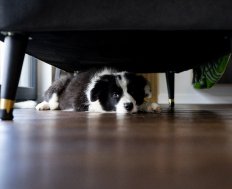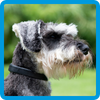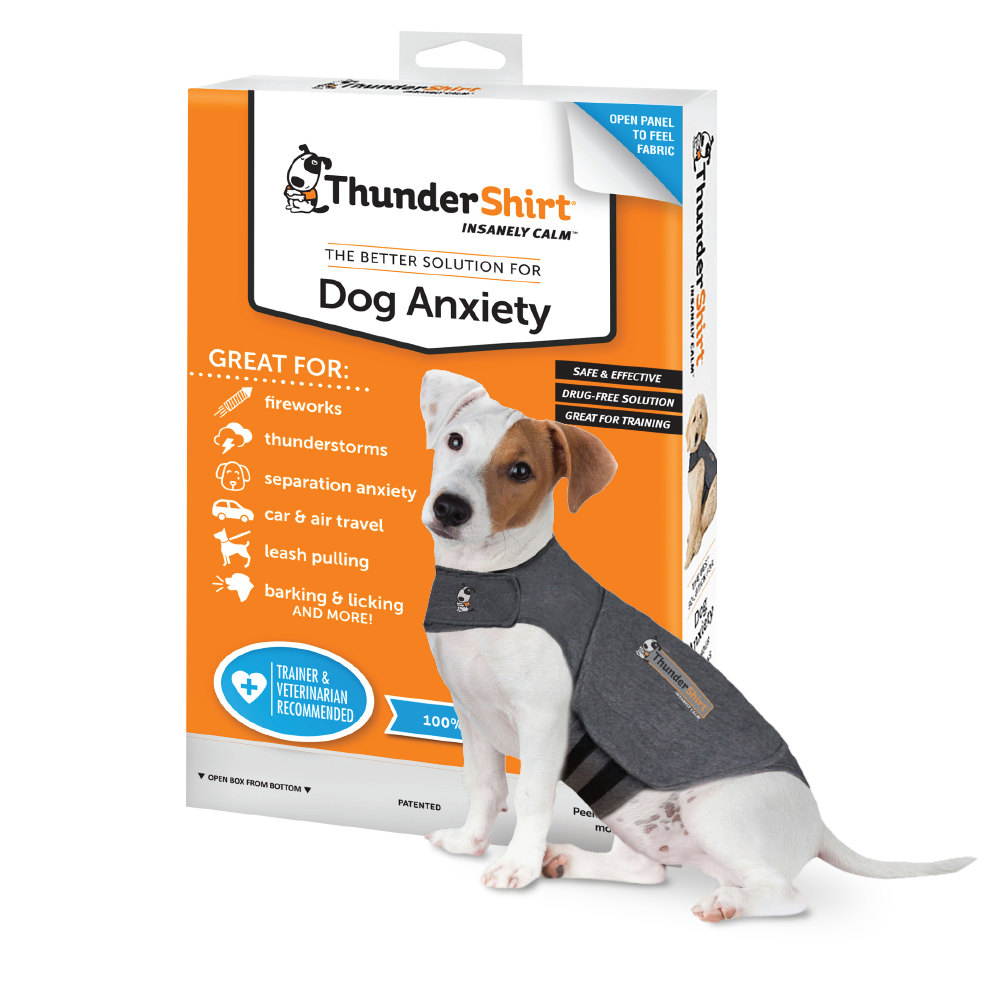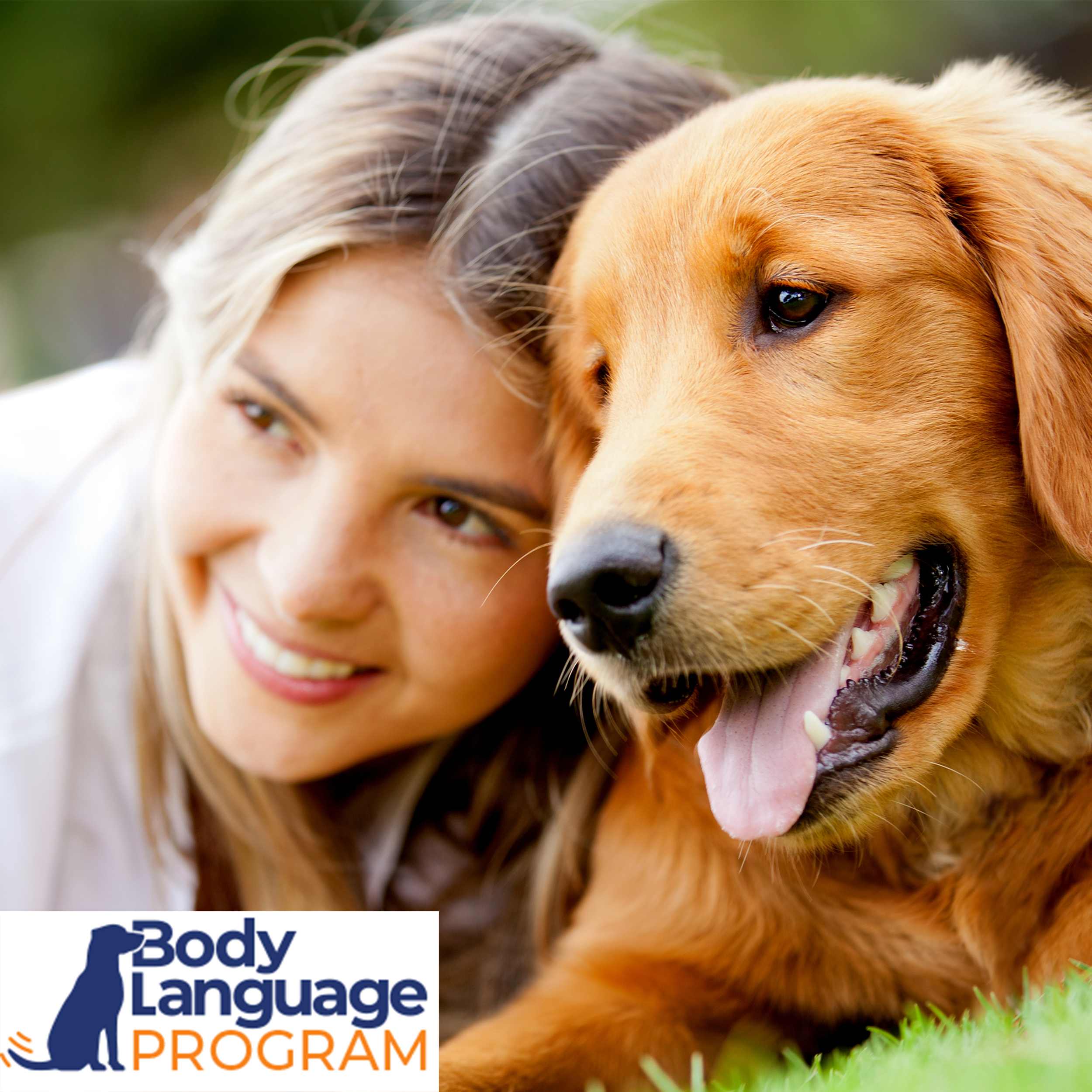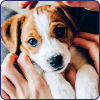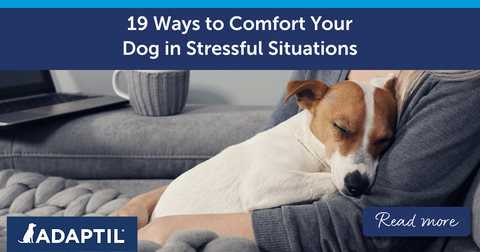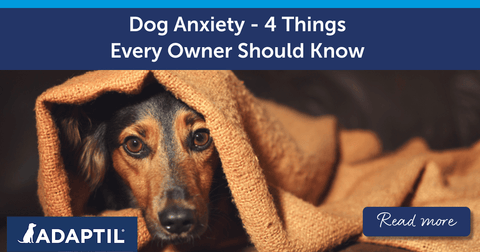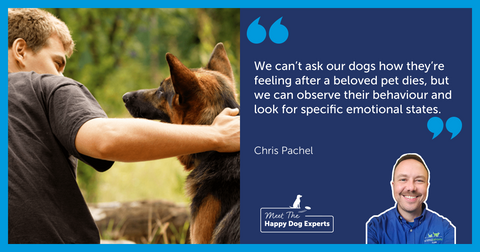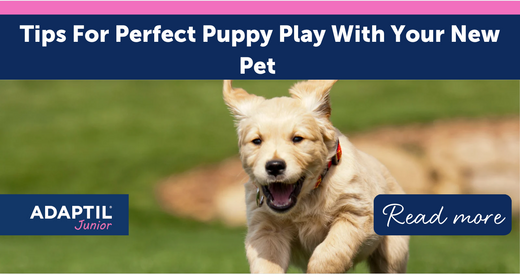
Tips For Perfect Puppy Play With Your New Pet
Your puppy loves to play!
Games, fun and adventure are important to your puppy for many reasons! Healthy playtime is a great way to encourage bonding between you and your pooch, will help your pup burn off extra energy, encourage them to learn new skills such as obedience and control - and of course, play will help them stay healthy.
Why is Playtime so Good For My Pup?
Because playtime is so important, it's key to teach your pup to play nicely right from the start as part of their basic puppy training. If you don't teach your pup how to play with you, they may develop undesirable habits, like playing with items you'd prefer they left alone (such as your shoes!), become over-excited when playing, or they may become destructive if they don't have a regular play session to tire them out!
So how can you get the most from your pup's play sessions, and help your pup to play in a safe, calm way - while learning a trick or two?
Tips To Keep Your Puppy Play Calm - and Educational!
Set out a play routine
If you're not sure where to begin with puppy play, setting out a routine is the best place to start! A regular routine will help your pup feel stable and calm, and help them understand what's happening, whether it's time for food, a walk, sleep or play!
For puppies, a set playtime should happen at least once every day, so think about the best times to set aside to play with your pooch! Scheduling a play session at the same time as other exercise such as a walk, is often a good idea. You may also want to exercise and play with your pup to tire them out - play times in the evenings may help them to sleep much better!
Tiring games are your friend!
There are lots of games that you can play with your pup! Games that tire out your pet can be a great way to interact, especially if your bundle of fluff is very active and has lots of energy!
Tiring games such as tug-of-war, and in particular retrieval games, are a good way to help your pup get some exercise, as well as learn commands such as 'fetch' and 'drop'. Using treats can help your dog to learn the rules and encourage them to play nicely; reward your pup when they return a toy to you and let them know when they do a good job!
Include obedience training
Your pup is constantly learning new things! Because of this, you can include some basic obedience training in your play sessions. You'll have a happy, smart pooch in no time! Some simple obedience commands that you can teach your pup during play, include 'sit' and 'stay', as well as commands such as 'drop', 'leave' or 'fetch!'.
When training your dog, be sure to reward them straight away when they engage in the right behaviour. Try not to reward your pet at the wrong times or they may become confused - and if your pup starts to take over and play their own games, be sure to stop the lessons and rewards!
Step away if your pup gets aggressive
All puppies get a little over excited and aggressive at times! This is perfectly normal and even well-socialised puppies will play a little aggressively - actions such as biting, nibbling and barking would all be normal play activities for puppies playing together and setting boundaries together.
However, it's important that you play with your pup like a human. They need to learn when to stop. So when playtime becomes too intense, it's time to stop and step away. A little puppy nibble could become a big bite once your dog is fully grown, so be sure to set boundaries. Never engage in aggressive behaviour yourself (such as wrestling with your pup) and never punish your pup for aggressive play. Simply step back, and end the play session.
Only use appropriate toys
What's your pup's favourite toy? It's important to teach your pup to play with the right things; they need to learn that your shoes, furniture, and other tempting household items aren't for chewing!
To encourage your pooch to recognise what's ok to chew, make sure you only use their toys during play. If they pick up something they shouldn't, get too aggressive with a toy, or decide to nibble at your fingers - say a short, sharp command such as 'drop!' (or 'ouch!') to stop the behaviour and get their attention. Then distract and redirect them with an appropriate toy.
Moving a toy across the ground will excite your pet and encourage them to 'chase' - and stop them jumping up as much. Also, using toys that squeak or make a sound, or with long parts such as ropes will be very exciting; your pet should be much more interested in that than in your hand or shoes! With time and encouragement, you can encourage them to redirect their play to only puppy-appropriate toys. To make things even more fun, why not use your pet's toys in games such as hide and seek, or switch up the toys they play with to keep games interesting!
Perfect Play With Your Pup!
You'll soon learn to recognise when your pup wants to play; if they come to you with their favourite toy, lower their head with their tail in the air in a 'chase me!' pose, wag their tail and yip in a playful way, they're letting you know it's time for some fun!
With regular play time, you'll soon have a much smarter, happier and healthier pooch, who knows their boundaries and is your best play buddy! And, if you want to help your puppy make the most of their play, using an ADAPTIL Junior collar can encourage faster, effective learning. This gives your doggo the support they need so that they feel confident in social situations - helping them to bond with you as well as other dogs and people.


